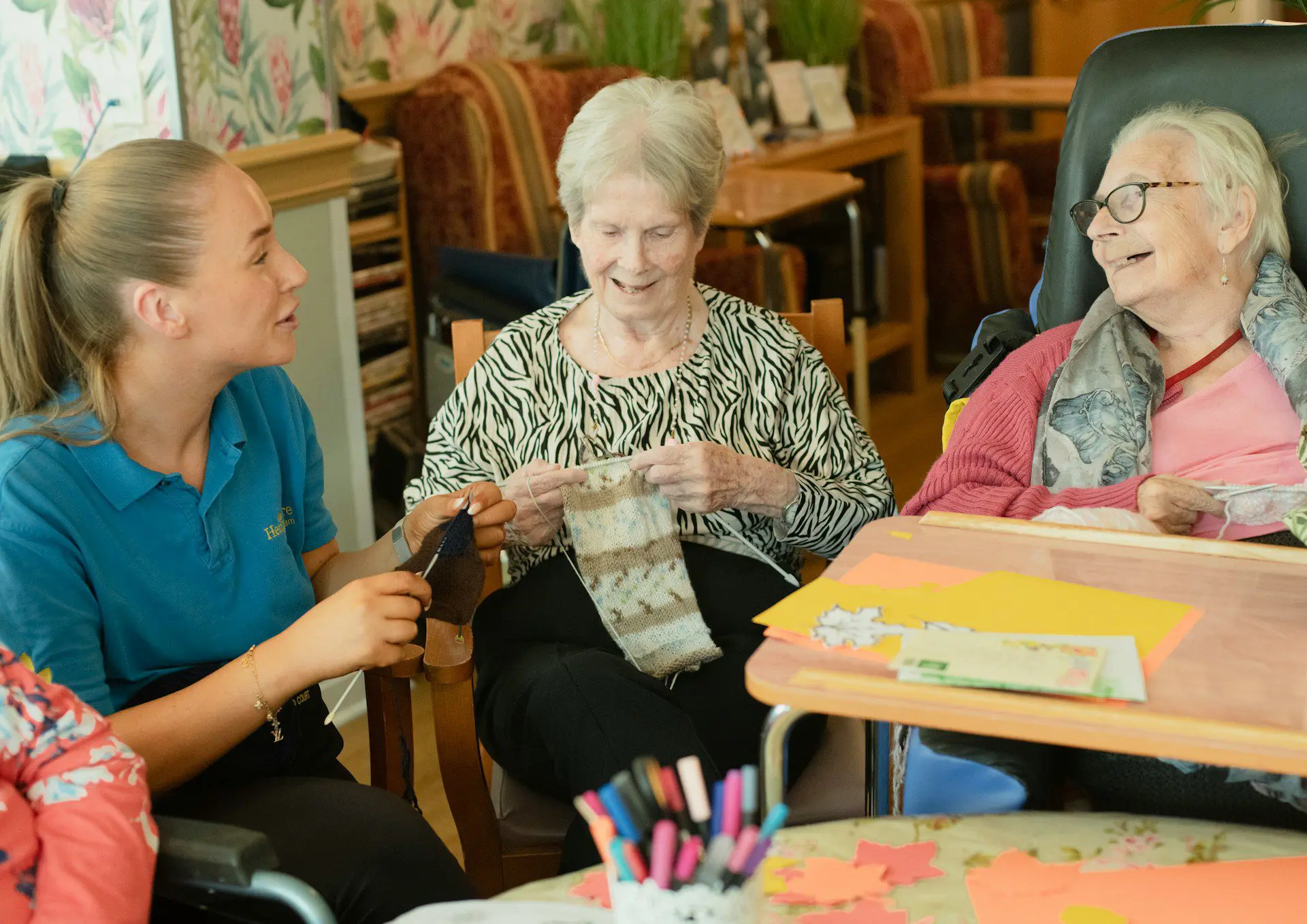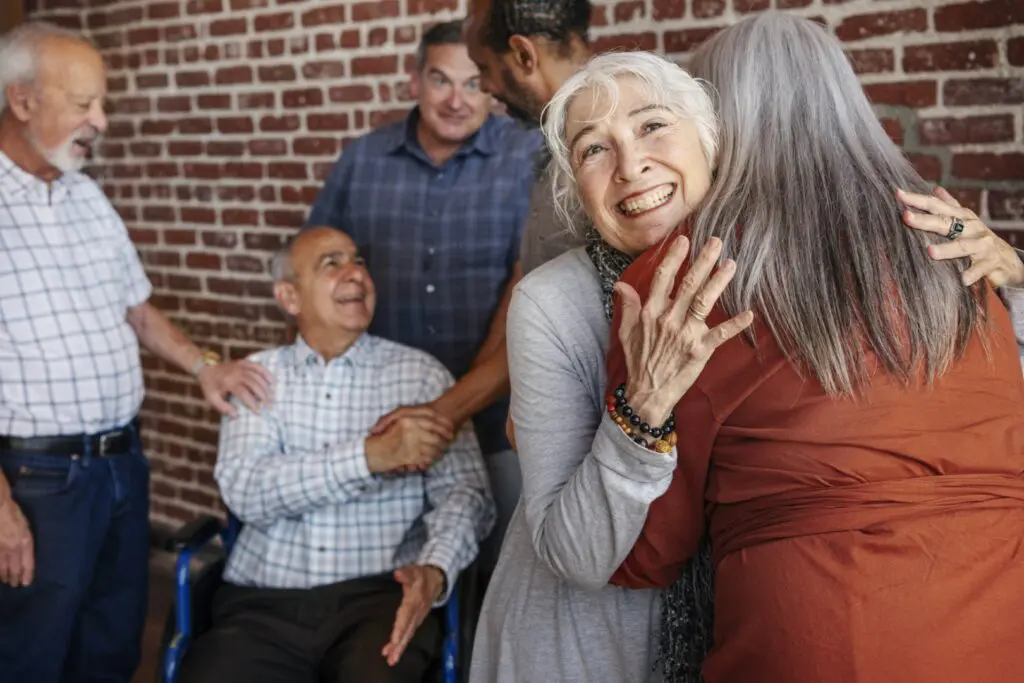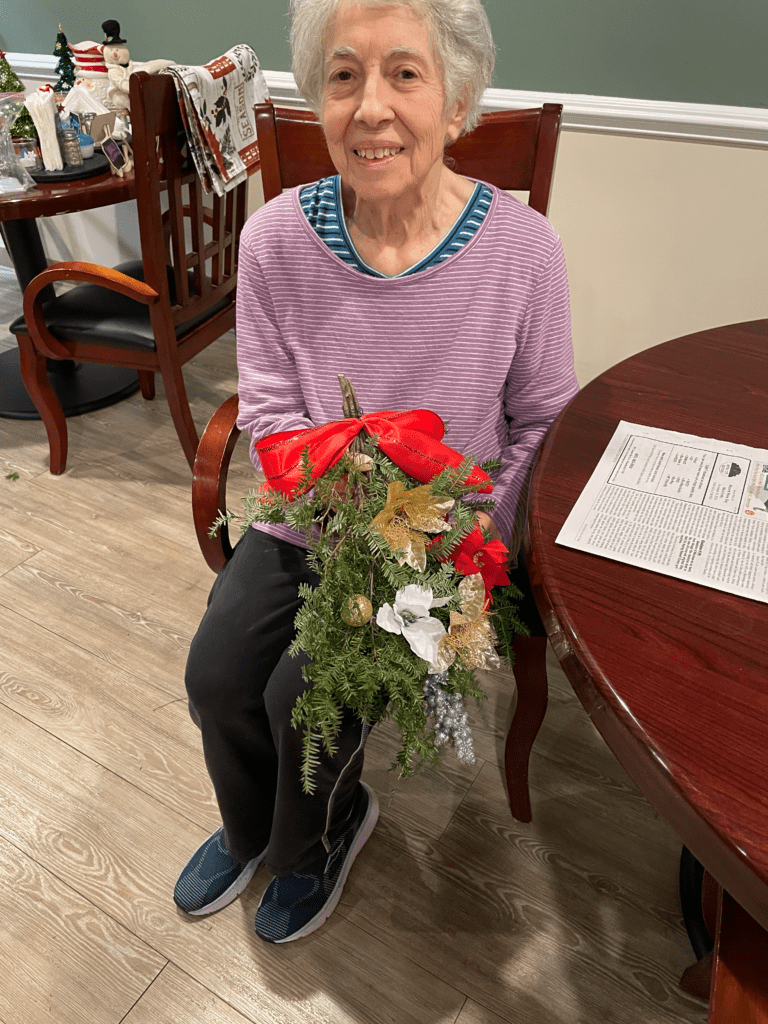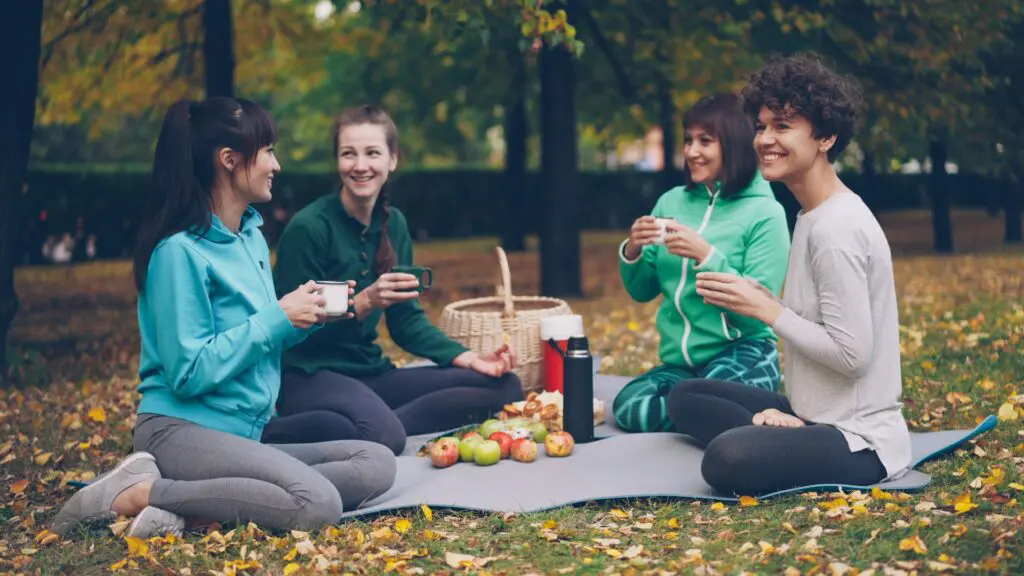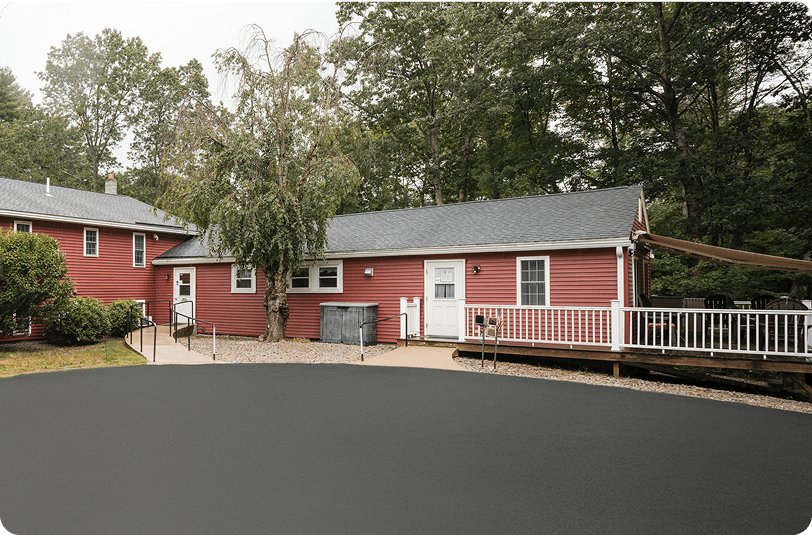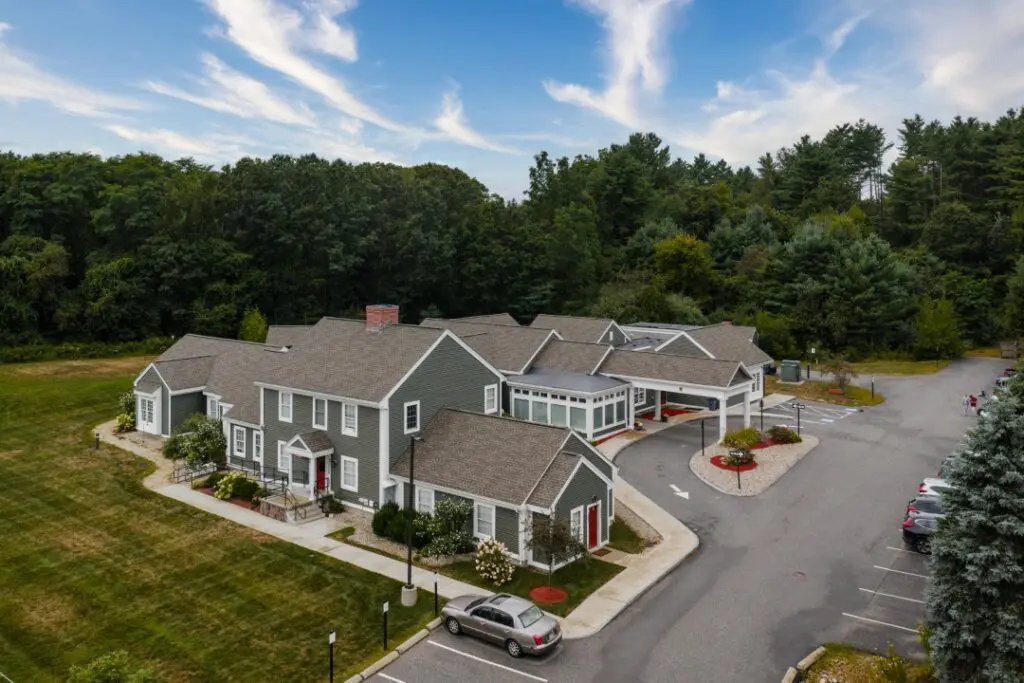As someone who cares for a loved one with dementia or Alzheimer’s disease, you know firsthand that this level of caregiving requires a considerable store of patience, empathy, and creativity.
We know that meaningful activities and conversations can improve quality of life, by offering comfort and connection. The challenge comes from knowing which activities to try.
The following five activities, in our experience, have proven effective when it comes to engaging individuals who have been diagnosed with dementia or Alzheimer’s disease. With any luck, this will help enhance their overall well-being, while simultaneously offering some structure and support to your day as a caregiver.
Music therapy
No matter how far your loved one’s dementia or Alzheimer’s diagnosis has progressed, we can always count on music to evoke deep emotional responses. Playing favorite songs from their past can trigger positive memories and foster connection. If you’re concerned that a particular song or artist might trigger painful memories or emotional associations, try sing-alongs or simple rhythmic activities, like tapping hands to a beat instead.
Memory boxes
Curate a memory box with items significant to your loved one’s life, which might stimulate their senses and encourage conversation. Items like photos, trinkets, or objects related to hobbies can evoke memories and provide comfort. Sometime long-term memories will resurface with accuracy, particularly for those individuals in the early stages of Alzheimer’s or dementia.
Simple games and puzzles
It sounds silly, but even activities like matching up a pile of socks in a laundry basket offer a sense of purpose and accomplishment -- the lack of which your loved one might be struggling with. Certainly, you’ll want to avoid any activities that are too challenging or potentially lead to frustration. Opt for games that involve sorting objects, matching cards, or working on large-piece puzzles.
Artistic expression
Art projects like painting or working with clay allow individuals to express themselves in non-verbal ways and can provide necessary sensory stimulation. Additionally, these activities are often calming by nature, which can help reduce anxiety and establish feelings of being in a nurturing, safe environment for your loved one.
Gentle physical activity
Engaging in physical activity is important for everyone’s overall health and is a very effective mood booster. No need to make it a marathon, either. A leisurely stroll, seated or yoga, or even ballroom dancing can support physical and mental well-being.
You can’t pour from an empty cup.
Sometimes, the best way to engage your loved one is to schedule a much-needed and well-deserved break for yourself. Caregiver burnout is a real thing and we are here to help you avoid that experience.
To that end, we invite you to take advantage of our Respite Care - Caregiver Relief Program (CRP), designed to give you the breather you need to restock your personal inventory of patience, empathy, and creativity.
For questions about our boutique style assisted living opportunities or any of our award-winning locations, please contact us by calling 603-506-6625 or emailing: [email protected]
We look forward to supporting you and your loved one!

